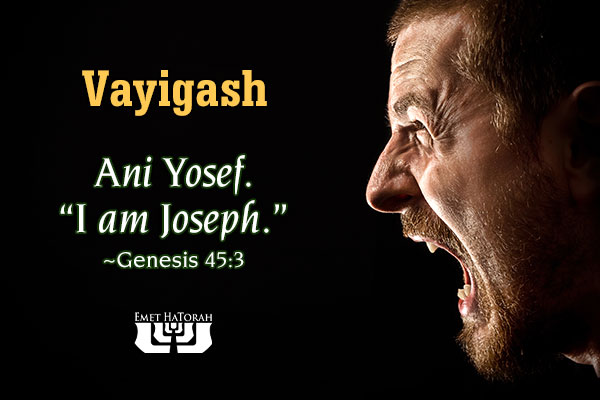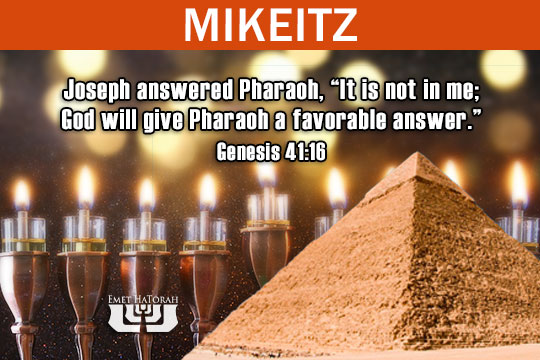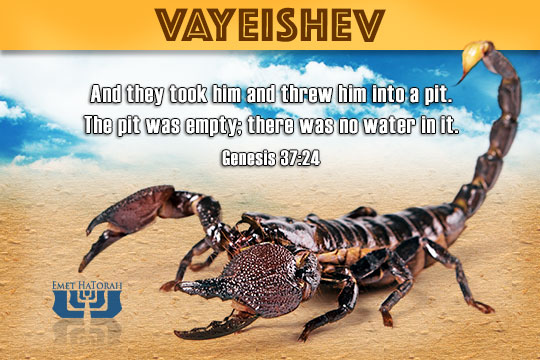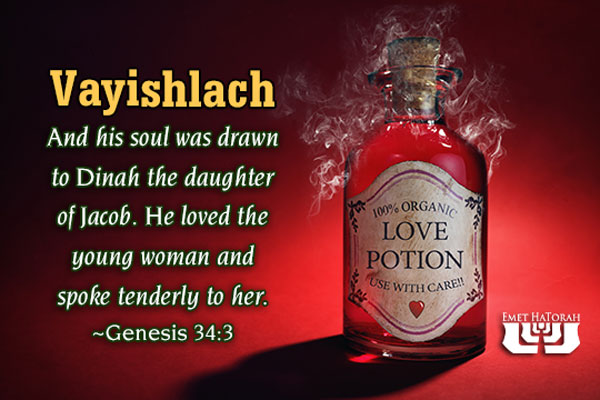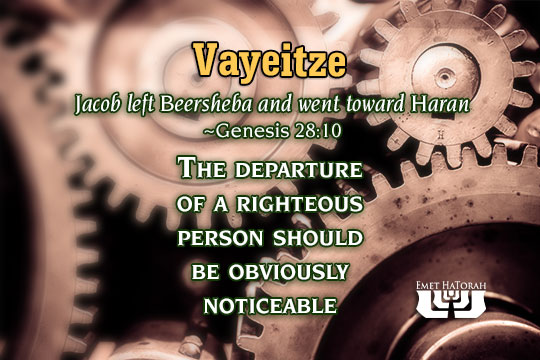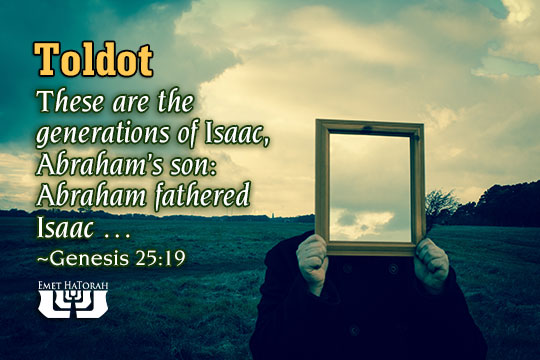Ani Yosef—“I am Joseph.” You could have heard a pin drop when Joseph spoke those two Hebrew words to his brothers. Their mouths fell open and their jaws nearly hit the floor. Their eyes bulged as they strained to recognize their younger brother hidden beneath the Egyptian garb. Confusion and despair rushed over them from head to foot in an instant. An icy chill coursed through their veins at the sudden realization that the man who stood in front of them—the second most powerful man in Egypt—was the one they had betrayed over twenty years previously. The next few seconds played out as if they were in slow motion as they began processing those two words. Their minds rewound the moment and zoomed in on his lips as he spoke, “Ani Yosef!” “Did he really just say what we think we heard???” It probably seemed like an eternity as a million thoughts, fears, and regrets all collided in their minds simultaneously.
Featured Posts
|
|
Nearly every year Parashat Mikeitz is read in conjunction with the celebration of Hanukkah. Is there any parallel or insight we can find in this week’s Torah portion that relates to Hanukkah? A few of our rabbis (particularly Rabbi Yaakov Weinberg) have brought insight into this correlation. Our parashah tells us:
|
Parashat Vayeishev begins the story of Joseph. When we first encounter him, he is a seventeen year old young man. We learn that his father, Jacob, had a special love for him above all of his eleven brothers. He was loved so much so that his father had given him a special, and highly recognizable garment that distinguished him from among his brothers. It was this disproportionate love that stirred up jealousy from his brothers and fostered their resentment toward him. That resentment eventually turned to a genuine hatred of Joseph and caused his brothers to eventually plot to do away with him. |
This week’s parashah covers a lot of territory. We begin reading about Jacob preparing to meet his brother Esau after his departure from the house of Laban. From there we read about him wrestling through the night with what appears to be an angel of God. Jacob then encounters Esau and things go much better than expected. Esau is cordial and Jacob doesn’t get killed, so he skirts around his brother’s territory and heads over to Succoth. But after this we read of a sad incident in which his daughter, Dinah, is seduced and defiled by a man named Shechem. It is this incident that we will examine a little more closely. |
|
Our parashah begins by telling us, “Jacob left Beersheba and went toward Haran” (Genesis 28:10). Rashi makes a keen observation on this verse. He asks a question that should be obvious to us: “Why does the Torah mention Jacob’s departure from Beersheba?” If we’ve been paying attention we should remember that the Torah had just mentioned this fact a few verses prior. Verse seven says, “Jacob had obeyed his father and his mother and gone to Paddan-aram.” Haran is located within the region of Paddan-aram. Therefore, we’ve been told twice within a few sentences that Jacob went toward Haran. If the Torah doesn’t waste words, then why does it repeat itself in this case? Rashi says that we are supposed to learn an important lesson through this repetition. He quotes the midrash by saying: |
Was Isaac really Abraham's son?This week’s parashah begins with the words, “These are the generations of Isaac, Abraham’s son: Abraham fathered Isaac” (Genesis 25:19). Like parashat Noach, this passage uses the word “generations,” toldot (תולדת) in Hebrew, to begin the story of Isaac’s adulthood. As we had described in the story of Noah, most of the time the word toldot is used in the Torah it is in relationship to genealogy, since its primary meaning is descendants or offspring. However, like we discovered of Noah, sometimes a person’s character or unique traits are listed as their toldot, rather than listing their physical offspring. This is the case again with Isaac. Rather than beginning with the birth of Jacob and Esau, the Torah describes the toldot of Isaac as, “Abraham fathered Isaac.” Why is this? |
Pages
Welcome
Welcome to Emet HaTorah, where we connect disciples of Yeshua to the eternal Torah of God. We're blessed to have you here! We hope to be an online source for discipleship resources from a Messianic Jewish perspective. If you're new to Emet HaTorah have a look around and enjoy some of our online teaching resources and sign up for email updates. You'll be blessed!

